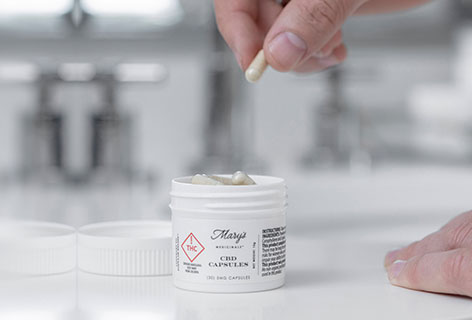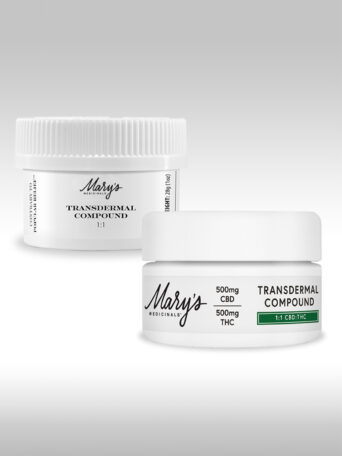Wars have many casualties and the War on Drugs is no different. Here in the U.S. those casualties have been primarily the human kind with disproportionate punishment of people of color. But in some cases the drug war, like conventional war, has decimated entire countries. Just consider Colombia, South America.


Colombia’s drug cartels are notorious, providing the plot line for many violent films. Their roots lie in a long-lived civil war that dates back to 1948 when a populist president was assassinated and an anti-Communist, U.S. backed government seized power. Things escalated in the mid-1960s when various factions began to battle the government for control. Drug trafficking became a relatively easy way to fund the guerrilla groups. This led to drug cartels and their violent operations. Beginning in 2012, the Colombian government started peace talks with the guerrillas and by 2016 it seemed that the long-standing civil war was finally coming to an end.
This was on my mind as I attended CannaTech Panama. I was curious to hear from Colombians to learn how things had changed in their country. Was peace really taking hold and how was that affecting cannabis reform?
Colombian laws relative to cannabis have been “liberal” for many years. As early as 1986 Colombia legalized the manufacture, export, sale, medical, and scientific use of cannabis. A regulatory scheme to implement this reform, however, was slow coming. In 2015 and 2016 the government finally initiated medical cannabis regulations that defined production and distribution. These changes led to a major push with respect to legal grows and the Colombian market today is vibrant and expanding fast. The violence of the past is nearly eradicated and the country with the motto “Freedom and Order” finally seems on the path to attain those goals.
At CannaTech about 20% of the attendees were from Colombian and several gave presentations but the highlight, to this observer, was Bibiana Rojas. Her presentation was entitled “From Seed to Global Acquisition: Planning, Building and Partnering for Success.”


Bibiana Rojas has an MBA from the Wharton School of Business and she knows how to use it. As the Colombian government was putting the 2015 regulations into place, Bibiana was busy co-founding Colombian Cannabis and the EduCannabis Foundation. She put together a team that would systematically examine the various regions of Colombia for the best locale for a cannabis production facility looking not only at soil and climate but also infrastructure and potential labor pools. They secured about 126 hectares for production and extraction facilities. There are four necessary licenses for cannabis production in Colombia and Bibiana’s team secured all of them.
By 2018, Bibiana’s company had attracted the attention of Canopy Growth and in July 2018, Colombian Cannabis was acquired by Canopy Growth, becoming the first unit of Canopy LATAM under the brand Spectrum Cannabis Colombia. Bibiana continues her leadership role with the new organization and, along with her team, is responsible for supervising and managing the main production site in Neiva, including the construction of extraction facilities and future operations in the country.
Bibiana and her company had gone from seed to acquisition in just three years time.
Bibiana’s presence was impressive for another reason — her gender. There were a large number of women at the CannaTech Panama meeting. The stereotype of the macho Latin male, which certainly dominated in the days of the cartels, was not present at the Panama City meeting. This bodes well for an industry in its infancy and we can all hope that South America, in general, avoids the pitfalls that were highlighted at U.S. Congressional hearings last week. Rep. Alexandria Ocasio-Cortez, the already infamous AOC, decried the lack of women and people of color in the U.S. cannabis industry. “According to an industry trade publication,” she said, “73% of cannabis executives in Colorado and Washington are male, 81% are white. In the state of Massachusetts, just 3.1% of marijuana businesses in the state were owned by minorities, and just 2.2% were owned by women.”
Bibiana and AOC would, I believe, hit it off famously. ❖









